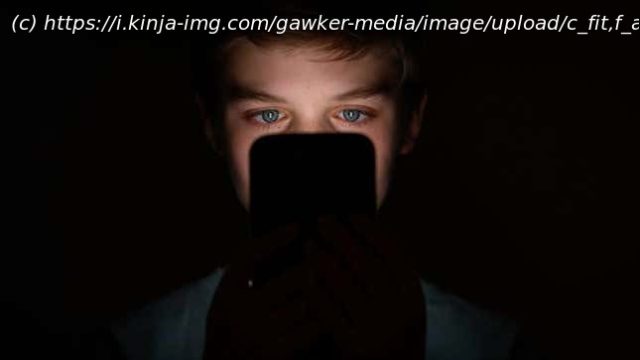States across the country are racing to enact age-gating laws banning young users from accessing social media without their parent’s consent.
States from every part of the country are racing to pass new legislation barring young users from accessing social media and other online services without first obtaining consent from their parents. From Texas to New Jersey, lawmakers are preparing to enforce strict, constitutionally dubious laws that could fundamentally alter the way young people interact online all in the name of supposedly protecting them from social media’s most harmful effects. Most, if not all of these laws, will face multiple rounds of legal challenges. In the end, 2023 could be remembered as the year the US decided to age-gate the internet.
The logic behind the bills holds that exposure to social media exposure at a young age could lead to deleterious mental health outcomes. It has evolved in recent years from an understandable, but data-deficient theory to a field of study supported by some of the nation’s top health authorities. Child safety advocates point to dozens of recent studies appearing to link prolonged exposure to social media at young ages to increasing rates of teen depression and anxiety. Just last month, the US Surgeon General, who has taken a relatively conservative stance towards ascribing blame for a noted rise in teen mental health issues, released a public advisory noting there are “ample indicators” that social media poses a “profound risk of harm” to children’s mental health and development.
States across the country are taking action, though often in profoundly different ways. While some lawmakers have called have opted to use a scalpel when crafting careful social media regulation, others have opted to bust out the chainsaw. Multiple states, including Arkansas and Louisiana, have proposed legislation flat-out banning children under the age of 18 from using certain services without parental consent. Lawmakers justify this siloing of internet access because they believe delaying social media exposure, similar to delaying the age people can drink or smoke cigarettes, could offset some of the worst potential harms.
Texas recently passed one of the country’s most expansive online age-gating laws to date. The law, called the Securing Children Online through Parental Empowerment, forces “digital services providers” to explicitly gain the consent of a parent or guardian before opening an account for any user under the age of 18. Though the law was passed with social media in mind, the definition of digital service providers is so broad it could theoretically apply to nearly any online service that requires users who create accounts.
Parents or guardians are granted vast power over young users’ data as part of the law. Once they’ve granted consent, parents can review and download personal identifying information associated with the minor and likewise request its deletion. They can also request service providers ban targeted advertising toward the minor in question and prevent them from making online purchases.
Utah Governor Spencer Cox signed a pair of bills into law in March requiring social media companies like Instagram and TikTok to verify users’ ages and obtain parental consent before offering services to users under the age of 18.






